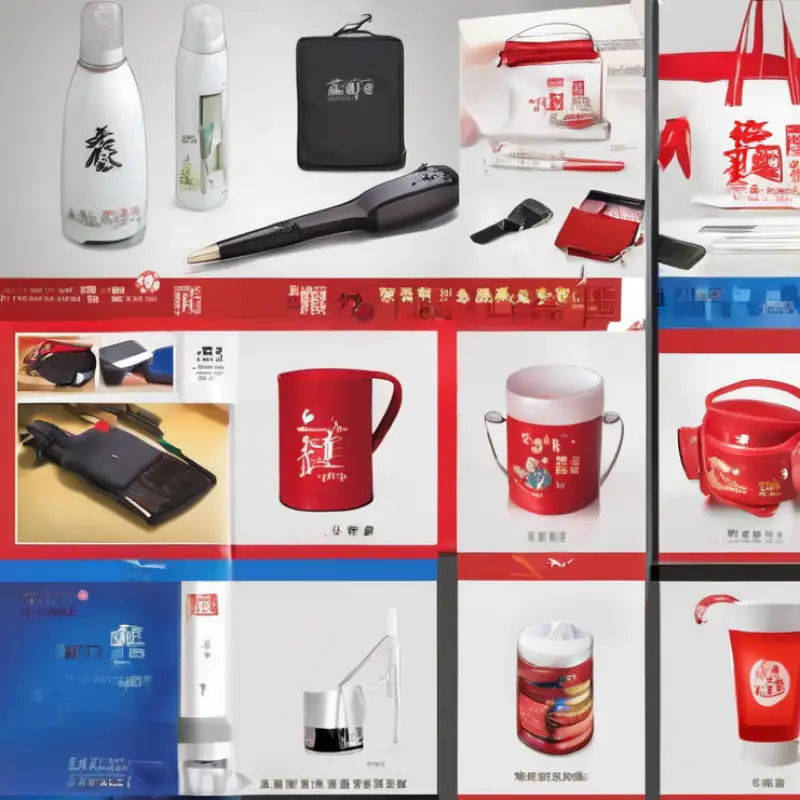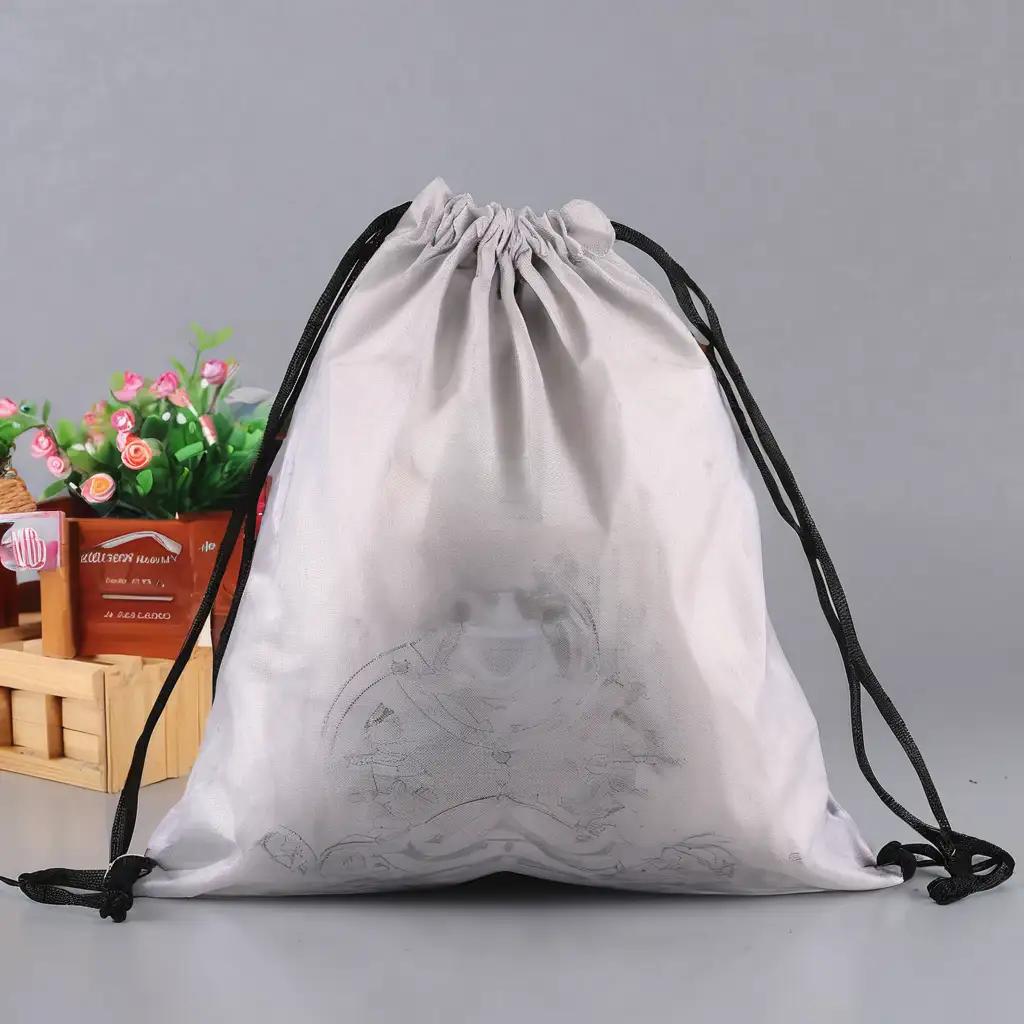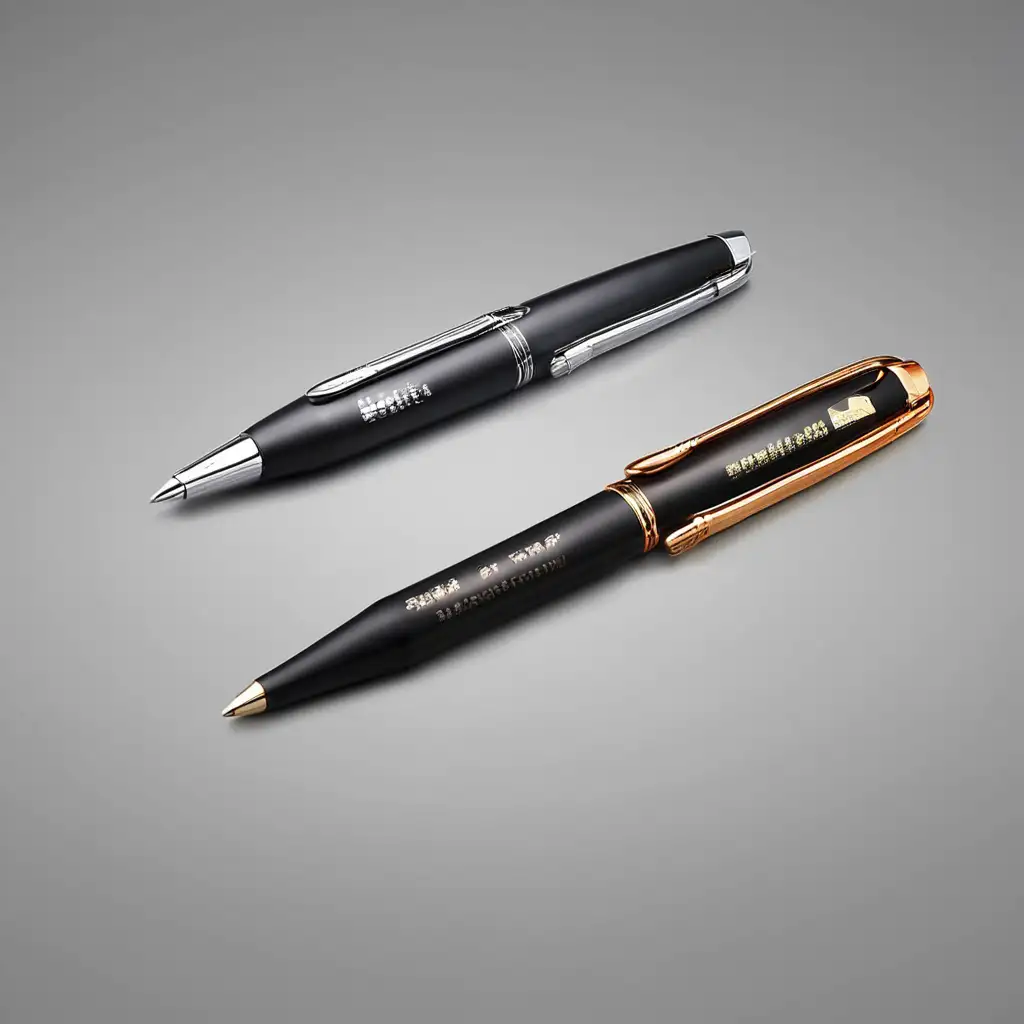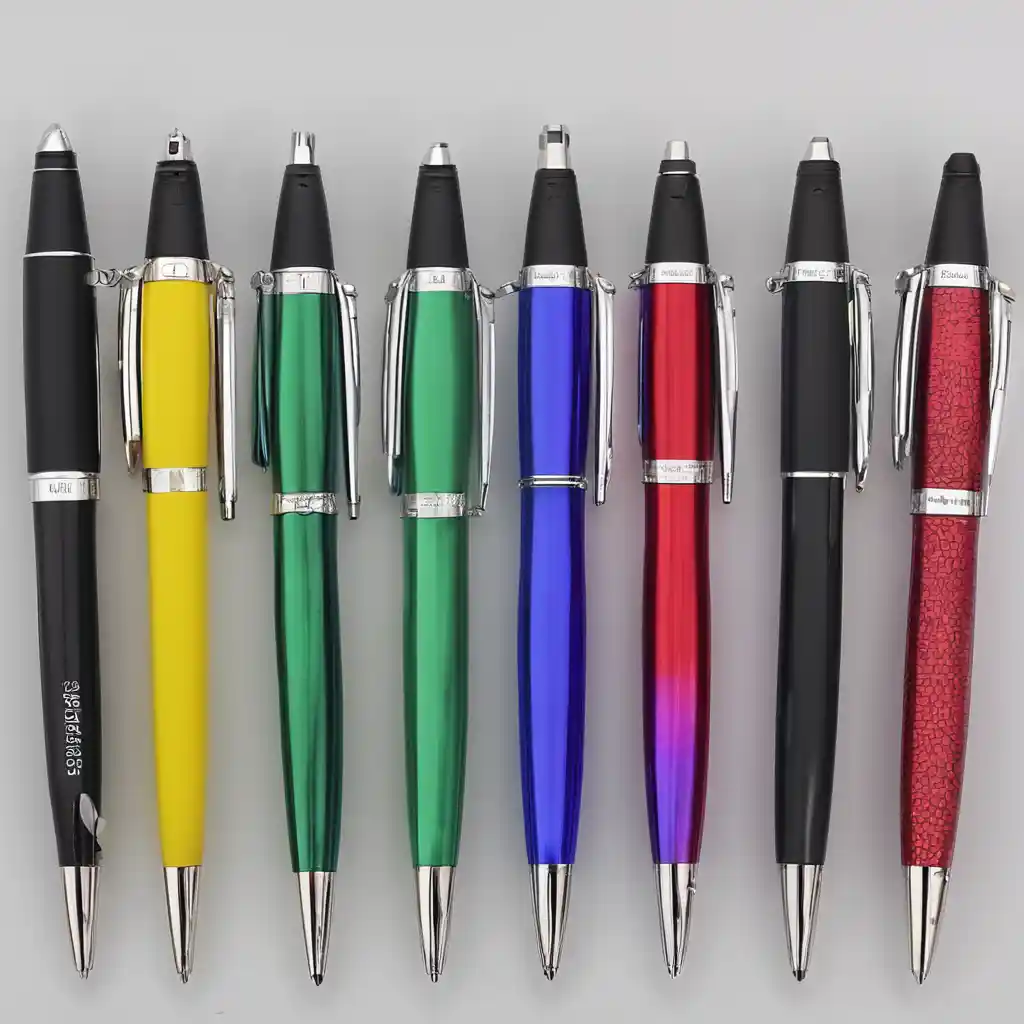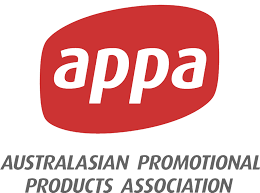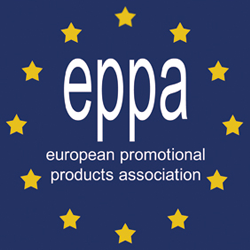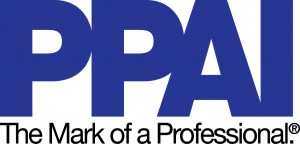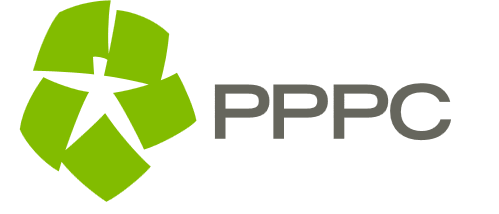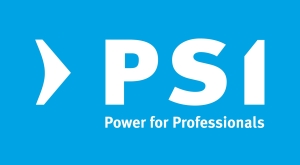In today’s competitive market, personalized promotions are more than a trend—they’re a necessity. Customers expect brands to understand their preferences, predict their needs, and communicate on a personal level. According to a 2023 study by McKinsey, 71% of consumers expect personalization, and 76% get frustrated when they don’t find it. This frustration translates to lost opportunities, but the right strategy can turn it into brand loyalty and increased revenue.
Among these strategies, promotional products—useful or unique items imprinted with a brand’s logo or message—are a proven way to strengthen personal connections with customers. When combined with personalization, these items can keep your message in front of customers for extended periods while fostering goodwill and loyalty.
Why Personalization Matters
Personalization is the key to unlocking deeper customer relationships and driving business growth. It’s more than just addressing someone by name in an email—it’s about crafting an experience that feels uniquely tailored to the individual. This approach not only makes customers feel valued but also delivers tangible business results.
The Business Case for Personalization
According to research, businesses that implement personalized marketing strategies see up to 20% more revenue growth than those that don’t. This is because personalized marketing cuts through the noise, making messages more relevant and engaging. A standout example is Amazon, a leader in personalization. By leveraging vast amounts of data about customer preferences, Amazon's recommendation engine suggests products based on browsing and purchase history. This personalized shopping experience is so effective that it accounts for 35% of Amazon’s total revenue—a clear testament to the power of personalized strategies.
The Role of Promotional Products in Personalization
Promotional products take personalization a step further by adding a tangible element. When these products are customized to reflect customer preferences or interests, they become memorable and effective tools for building long-term brand loyalty.
Enhanced Brand Recall: According to the Promotional Products Association International (PPAI), 79% of consumers remember a brand from a promotional product they’ve received, even two years after receiving it. Unlike digital ads or emails, which may be fleeting, a useful or unique promotional product remains in a customer’s daily life, serving as a constant reminder of your brand.
Increased Customer Loyalty: Promotional products don’t just leave an impression; they also encourage future business. The same PPAI study found that 83% of consumers are more likely to do business with a company that gave them a promotional product. This strong correlation underscores how a thoughtful, personalized item can turn a one-time interaction into an ongoing relationship.
Examples of Personalized Promotional Products
Custom Tech Accessories:
A tech company might gift a personalized wireless charger with the recipient’s name and company logo. This combines practicality with personal touch, ensuring the product is used regularly and appreciated.Lifestyle-Based Gifts:
A fitness-focused brand could offer branded water bottles or gym towels personalized with the customer’s initials. These items not only align with the customer’s interests but also promote the brand’s values.Event-Specific Items:
At trade shows, companies can provide attendees with personalized tote bags or notebooks featuring their names. These items are both practical and memorable, creating a positive association with the brand.
The Emotional Impact of Personalization
Beyond practicality, personalization in promotional products creates an emotional connection. A Harvard Business Review study found that emotionally connected customers are 52% more valuable than satisfied customers because they are more likely to buy repeatedly, recommend the brand, and forgive occasional mistakes.
For instance, receiving a personalized gift, such as a notebook with a motivational quote chosen specifically for the recipient, can make a customer feel genuinely appreciated. This emotional resonance builds trust and fosters a stronger bond between the customer and the brand.
Personalization is a proven strategy for enhancing marketing effectiveness, and when paired with promotional products, its impact is amplified. By combining the emotional connection of tailored experiences with the lasting impression of tangible items, businesses can create a powerful marketing approach that boosts brand recall, loyalty, and revenue. Whether through custom tech gadgets, lifestyle gifts, or event-specific items, personalized promotional products leave a lasting mark that sets your brand apart in today’s crowded marketplace.
The Science Behind Personalization Success
Personalization thrives on the strategic use of data and the emotional resonance it creates. It’s not just about making marketing efforts more targeted—it’s about building meaningful relationships that drive loyalty and revenue.
Data Drives Personalization
Effective personalization begins with data. Modern businesses have access to a wealth of information, from purchase history and browsing behavior to customer feedback and survey responses. Analyzing this data allows companies to segment their audiences and deliver relevant, tailored offers that resonate with individual preferences.
For example, an e-commerce brand might use data to identify frequent travelers in its customer base. A personalized promotional gift like a notebook featuring a map design or a compact travel-friendly power bank with the brand logo not only adds value to the customer’s experience but also keeps the brand top-of-mind. Similarly, a coffee enthusiast might appreciate a high-quality branded tumbler, customized with their initials or favorite color. These thoughtful, data-driven touches make the customer feel understood and appreciated.
Emotional Connection
Personalized promotions and gifts don’t just meet functional needs—they create an emotional connection that fosters trust and loyalty. A study by Harvard Business Review highlights that emotionally connected customers are 52% more valuable than those who are merely satisfied. These customers are more likely to make repeat purchases, pay a premium for products, and recommend the brand to others.
For instance, receiving a branded product tailored to their preferences—like a fitness tracker for a health-conscious client or a beautifully engraved pen for a professional—can make customers feel genuinely valued. This emotional connection transforms transactions into lasting relationships, strengthening the bond between the customer and the brand.
By combining data insights with emotional appeal, businesses can craft personalized experiences that go beyond expectations, turning customers into enthusiastic advocates for the brand.
Innovative Examples of Personalized Promotions and Products
Coca-Cola’s “Share a Coke” Campaign:
Coca-Cola replaced its iconic logo with common first names on its bottles, encouraging customers to “find” their names. This strategy could be extended to promotional products—think branded water bottles featuring customer names at events or giveaways. This personal touch contributed to a 2% increase in U.S. sales and 7% in Australia.Spotify Wrapped with Gifts:
Spotify’s personalized “Wrapped” campaign showcases listening habits, driving millions of social media shares. Imagine coupling this with a branded gift—such as a Bluetooth speaker with the recipient’s name and their most-played artist of the year. Such a thoughtful gesture would deepen the connection.B2B Example: Pens That Close Deals:
A real estate firm used high-quality, engraved pens as closing gifts for clients, adding their names and the date of their home purchase. This keepsake not only kept the firm’s logo in use daily but also left clients with a positive, lasting impression.
Promotional Products in Action
Promotional products are a versatile tool to integrate into a personalized marketing strategy:
Practical Everyday Items: Useful items like branded USB drives, tote bags, or water bottles keep your message visible. When tailored to a customer’s interests—such as a gym enthusiast receiving a fitness-themed branded kit—they become more than giveaways; they become memorable tokens.
Luxury for Loyalty: High-value customers deserve premium gifts. For example, a tech company might send a sleek, engraved wireless charger to its top clients. These gestures reinforce the brand’s appreciation while keeping its logo front and center.
Events and Experiences: At trade shows or customer appreciation events, brands can offer personalized gifts—such as T-shirts or mugs with attendees’ names. These unique items draw attention, spark conversations, and ensure long-term recall.
Making Personalization Work for Your Business
Start with Segmentation:
Segment your audience by demographics, behavior, or preferences. Email campaigns with targeted segmentation achieve a 50% higher click-through rate than non-segmented campaigns (HubSpot, 2023). The same principle applies to promotional products—tailor your offerings to align with the interests of each segment.Leverage Automation and AI:
Use AI-driven tools to identify which customers might appreciate specific promotional products. For example, a CRM system could flag high-spending customers for a personalized premium gift campaign.Use Data to Delight:
Analyze customer purchase data to craft gifts they’ll love. For example, an online bookstore could send branded bookmarks featuring personalized recommendations to its top readers.Measure and Optimize:
Track metrics like retention rates, customer feedback, and return on investment (ROI) to refine your approach. A 2022 PPAI study found that 85% of promotional product recipients could recall the advertiser’s name after receiving the item—a clear signal of their impact.
Overcoming Challenges
While personalization offers significant benefits, it also presents challenges that businesses must address to ensure success. Two key issues stand out: data privacy concerns and execution complexity.
With consumers becoming more aware of how their data is collected and used, privacy concerns have taken center stage. A 2023 Pew Research study revealed that 79% of consumers are concerned about how companies use their personal information. To overcome this hurdle, businesses must prioritize transparent communication. Clearly explaining why data is collected, how it is stored, and what benefits customers will gain from its use can foster trust. For instance, a brand could include a brief, user-friendly summary about data practices in its promotional campaigns, highlighting customer security as a priority.
Execution complexity also poses challenges, particularly for businesses looking to scale personalization. Ensuring each customer receives a tailored experience or gift requires seamless integration of data, logistics, and creativity. A practical solution is offering opt-in choices for promotional products. For example, letting customers select or customize their gifts—such as choosing the color of a branded tumbler or personalizing a notebook with their name—reduces guesswork and enhances customer engagement.
By addressing these challenges thoughtfully, businesses can balance personalization with respect for customer preferences, ensuring meaningful interactions that build loyalty and trust.
Conclusion
Personalized promotions, especially those involving promotional products, are a powerful way to build relationships, drive loyalty, and boost sales. By understanding your customers and creatively tailoring gifts to their preferences, you can craft experiences that resonate deeply and set your brand apart.
Promotional products, when used strategically, can transform from simple giveaways into lasting brand ambassadors. The future of marketing is personal, and combining the emotional touch of personalization with the practicality of branded gifts ensures your message remains in front of customers for years to come.
